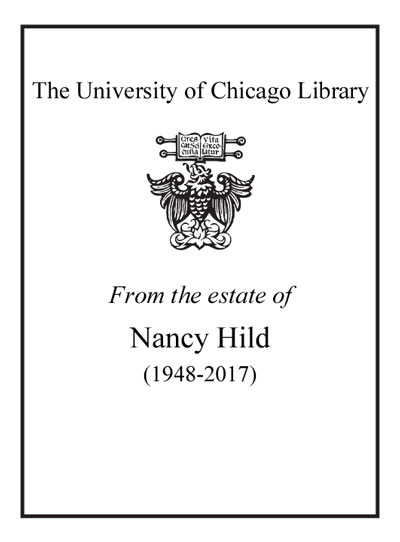Review by Kirkus Book Review
An exercise in belles lettres"" by the Buenos Aires storyteller--originally published in 1930, later filled out with a few miscellaneous pieces. Only about half of the twelve brief chapters here deal directly with Eravisto Carriego (1883-1912), a minor Argentine poet who was friendly with Borges' father. There are 14 pages on Carriego's life: his roots in the province of Entre Rios, with its distinctive speech rhythms (""When pressed into the service of versifying, the intonation swings between water color and felony""); his love for his adopted slum-neighborhood on the outskirts of Buenos Aires; his illness (consumption), premonitions of death, and desire for immortality. Two chapters offer close criticism of Carriego's poetry--praising him as a tender, humorous pioneer in observing poor neighborhoods. . . but more eloquently pouncing on Carriego's lapses into self-indulgent wordplay and piteous sentiment. (""To prolong this quotation would be tantamount to bearing a grudge. Take my word for it that this rhapsody of a ballad singer drunk on hendecasyllables exceeds two hundred lines and that not one of its many stanzas can bewail a lack of storms, flags, condors, bloodstained bandages, and hammers."") Elsewhere, Borges offers his own word-picture of Carriego's Palermo neighborhood, of beloved Buenos Aires in general. (""The city has a depth, and never once, in disappointment or grief, did I abandon myself to its streets without receiving unsought consolation. . . ."") And, more obliquely, there are Borges' musings on the tango's history (""the transition from boldness or swagger to self-pity""), on ""Stories of Horsemen"" and ""Inscriptions on Wagons""--plus the one-page gem, ""The Dagger."" As translator di Giovanni notes in an introduction, this slim volume contains early signs of Borges' stylistic techniques and thematic preoccupations--especially his contradictory, shifting feelings about national identity; a valuable arrival for Borges specialists, then, if (despite a few marvelous phrasings) of limited, fragmentary appeal otherwise. Copyright ©Kirkus Reviews, used with permission.
Copyright (c) Kirkus Reviews, used with permission.
Review by Kirkus Book Review

